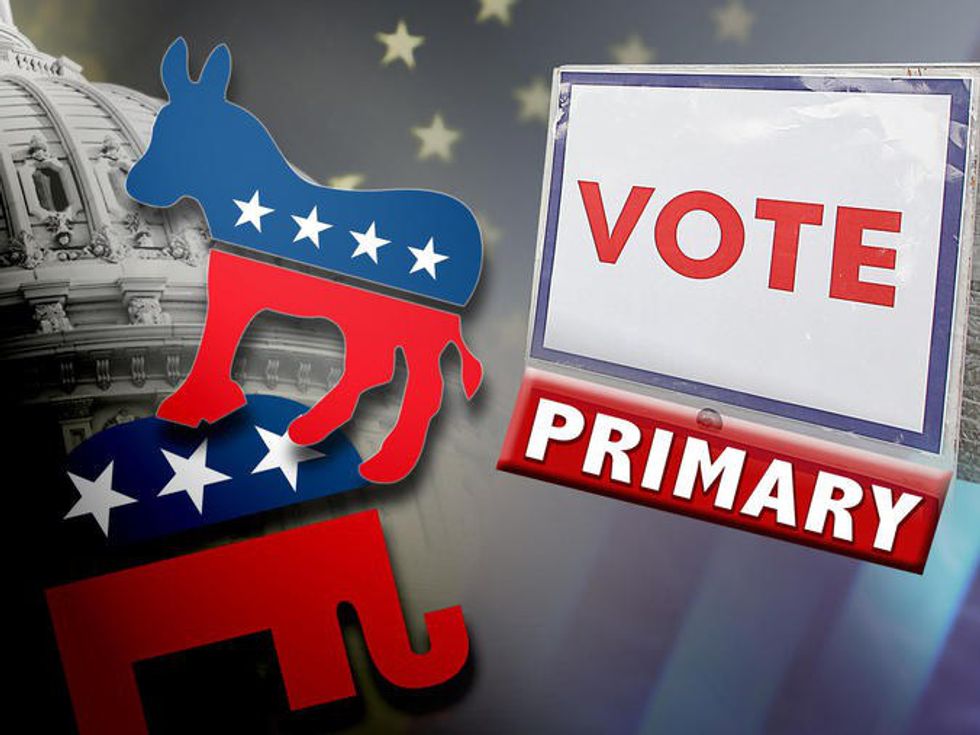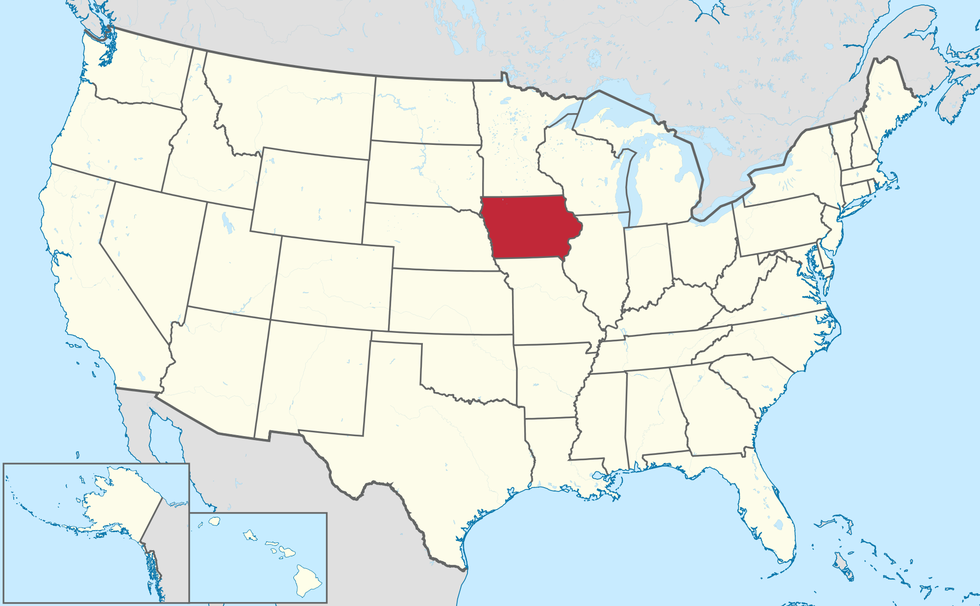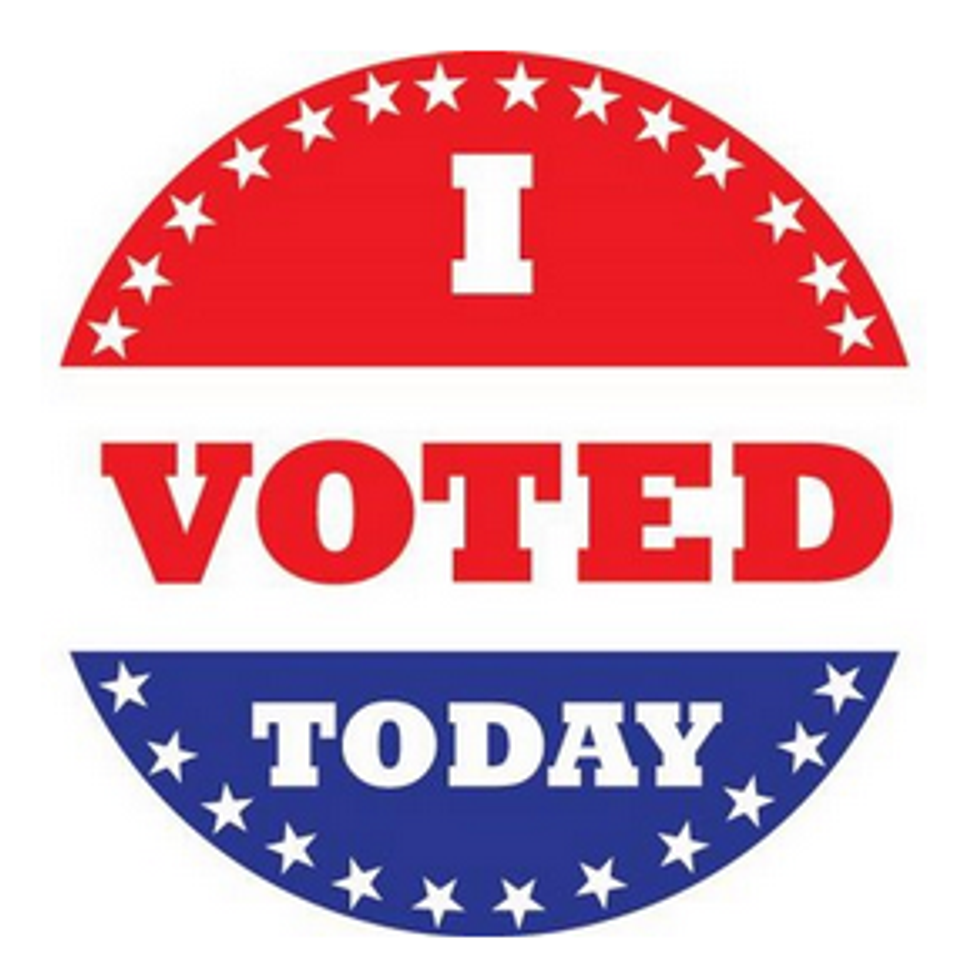If you've ever felt bad about how little you knew about the election, don't because you're not alone. Elections can be pretty difficult to wrap your head around, and it's really easy to find yourself repeating popular opinions in order to seem like you understand it. Don't worry, this list will give you a run down of all the things you need to know to understand the upcoming election.
1. Why does it seem like there is more than one election?
Because there is! Technically. The way it works is that each party has a large selection of people who each say that they want to be president (the selection of which actually takes five months). Once each party has a grouping of people, they choose one to represent the entire party. This person will go on to run for president against the elected members of other parties.
2. When should I actually care?
The politically correct answer is always, but the answer I'm going to give you is around March at the latest because this is when most of the caucuses take place.
3. Why do so many people hate Donald Trump?
Besides being the source of all evil, Trump leads his campaign through an extremely ethnocentric perspective that I believe would threaten the livelihood of thousands of people living in America. Additionally, he is openly racist and can't seem to stick with a single political party considering the fact that he's switched sides around five times now.
4. What is the electoral college?
OK, so the way this works is that each state gets a certain number of electors, bigger states have more and smaller states have fewer. When those votes are cast, whoever receives over 50 percent of the votes wins.
5. What is the difference between a closed and open primary?
Open: You can vote for whoever you want.
Closed: You have to vote under the party you're registered for.
6. Why should I care about Iowa all of a sudden?
Iowa is where the electoral process usually begins. The Iowa caucus will give you an idea of who is doing well in the electoral process (Heads up, a total of 15 states will hold their caucuses on March 1st).
7. OK, but when will I know who is actually in the race?
After the national conventions. There, each party will select their nominee.
8. Why are there so many debates?
People like to know who they're voting for. A debate can make or break a presidential candidate, and being able to present yourself in a like-able manner is key to winning the public's vote.
9. When is election day?
November 8th. However, there is always the option of early voting or mailing in your ballot.
10. Why should I care?
Do you like it that gas is under $2? Do you wish your student loans weren't so steep? Do you think that everyone in this country is guaranteed certain rights? Does watching the news make you angry or sad? That's why you should care.































